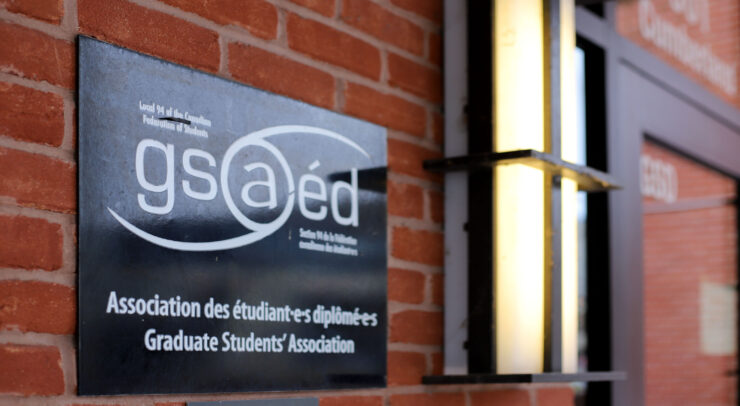When it rains, it pours. And when there’s midterms, they all have to happen within the same week, apparently. Reading weeks were originally introduced so students could have a mental health break. But due to its placement in the middle of the semester, a notoriously hectic time for students, the reading part tends to override the break.
The week following reading week, I had a midterm or assignment due everyday. What should have been a relaxing time spent with friends going to Gatineau Park, or some obscure pumpkin patch, was really spent indoors, stress-eating Ubereats and crying over a stupid reading on Hume that made absolutely no sense.
I left reading week feeling more stressed than ever, dealing with both mental health issues in the form of Seasonal Affective Disorder and just being overwhelmed with the plethora of assignments and midterms I was faced with.
Three of my assessments this week were for my second-year political science courses. I picked my schedule from the recommended course sequencing, and yet I still wound up with three consecutive midterms and a major essay.
Currently, policies for deferring exams only apply to finals. Depending on your faculty, there are two to three exam conflicts that constitute deferring an exam, however, there is no formal mechanism to deal with exam conflicts for midterm exams. Instead, these must be settled with individual professors.
This makes life for students harder than it needs to be. If professors are worried about losing a week of class and structure exams around that, they should take into consideration the fact that theirs isn’t the only class students are taking. A university-wide policy around consecutive midterms would ensure that students are able to spend their reading week wisely, and plan well for the week they return, rather than trying to cram for multiple midterms, or trying to haggle for more time with their professors.
This, in line with an application wherein students would be able to access their midterm exam and major assessment dates on the uoZone website would help distribute the workload currently stressing out students. With something like this in place, professors of similar year courses in the same programs would also be able to get suggestions on good days for an assessment, in line with the suggested course sequencing found on the program’s website. Nothing would force them into picking dates that accommodate their students, but it would give professors who care about the wellbeing of their students something to think about.
This might not work as smoothly for students taking multi-year courses, or students with electives in different programs, but it would help with the bulk majority. Then, students who still experience overwhelmingly closely scheduled midterms and assignments would be able to go to the professors and have the policy to back them up on getting the midterm deferred. The calendar would also be able to verify their claims.
Regardless of how the university wants to deal with it, the point remains that midterms shouldn’t all be grouped together, as it’s regressive to students’ mental health and renders reading week pointless. The university needs to create mechanisms to spread out midterm exams and assessments, for students’ sake.








